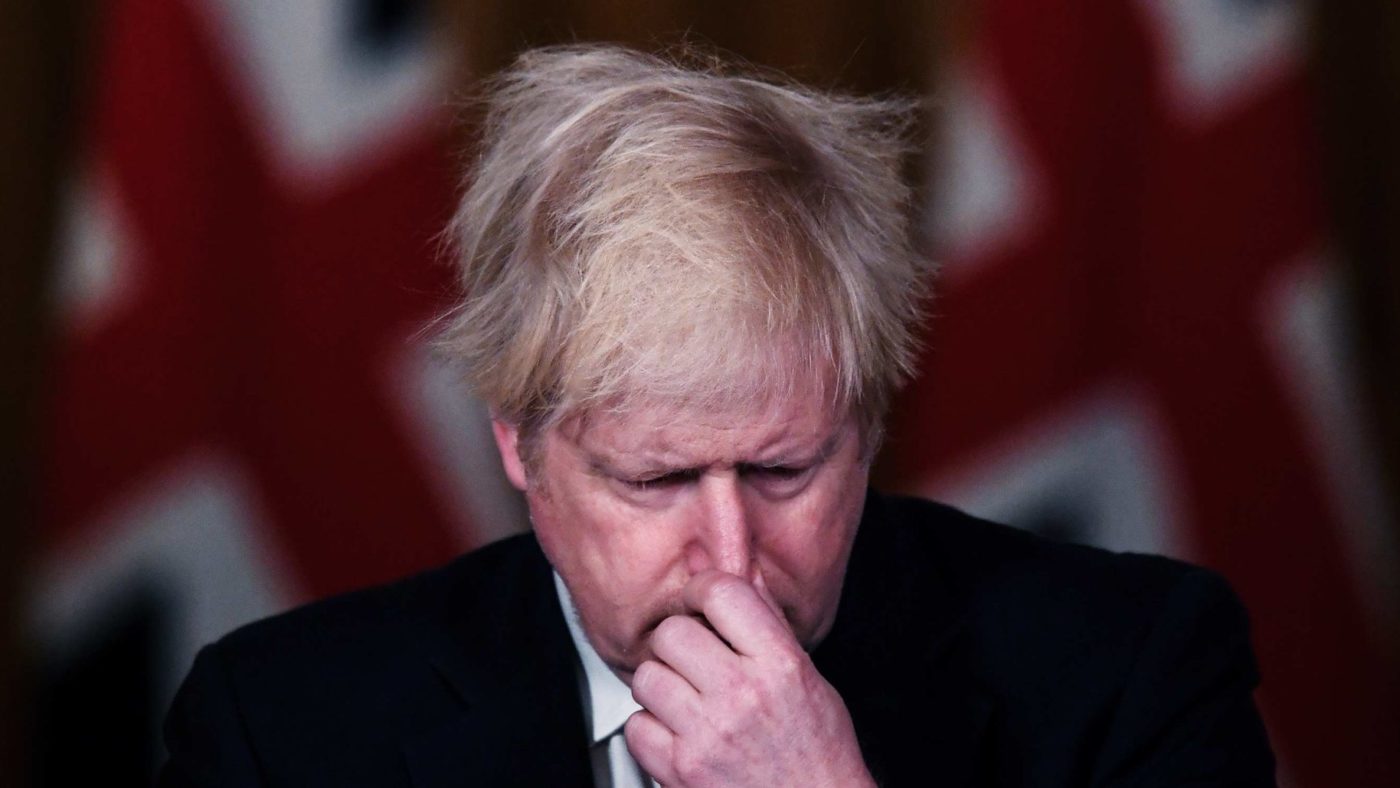It’s fitting that 2020 should end this way, in a welter of chaos, confusion, anger and frustration, while the cursed virus reduces much of the country to a pallid imitation of real life.
Yesterday’s announcement that Christmas is effectively cancelled for a third of the population was as predictable as it was lamentable. Though the immediate reaction is naturally to bemoan plans undone and loved ones missed, the longer term implications of a much faster-spreading virus are starker still. If the gloomiest estimates are right and the new strain of Covid really is 70% more transmissible, reducing its spread becomes far more difficult. That means the threat of months more under severe restrictions, possibly beyond the 16 million or so people now thrust into ‘Tier 4’.
How did we get to this grim pass?
Obviously the Government could not have predicted the emergence of a new, more infectious, strain of the virus, but it’s still fair to say there has been an epic communications and policy cock-up. Just a few days ago Boris Johnson was laying into Keir Starmer for wanting to ‘cancel Christmas’, and other members of the Cabinet were offering extra funding for Christmas coach travel and ordering schools to stay open, all of which have only made this U-turn even more screeching. (Mr Starmer’s criticisms would, however, have been more trenchant if he hadn’t asked his MPs to abstain on the Covid regulations just a matter of weeks ago.)
The ‘Christmas Bubble’ policy itself was always very muddled. Limiting the rule changes to five days was a tacit admission that they weren’t a sensible thing to do in the first place. And this was the case even before the threat of this new strain, as infections have been on an upward trajectory for weeks. If ministers had said weeks ago that Christmas would have to be a much reduced affair, people would at least have had the chance to make different arrangements and not waste time, money and emotional investment on plans that have been scuppered at the last minute.
But our bleak midwinter is the result of a catalogue of errors that stretches further back, to the summer months when many of us (your author included) wishfully thought that the virus was done and dusted. Loosening travel rules, subsidising dining out, telling people to ‘get back to work’ and reopening schools all gave the impression that things were about to get back to normal, when we should have been fixing the test-and-trace roof when the sun was shining. You don’t even have to be ‘Captain Hindsight’ here – plenty of people said there would be a second wave in the winter, and they were right.
For all that, I still think we should still look to 2021 with a degree of optimism. As our deputy editor Alys Denby noted on the final CapX podcast of the year, it can’t be any worse than this year. Despite its other mistakes, on the crucial question of vaccination the Government has played something of a blinder. With hundreds of thousands already vaccinated and millions of doses on the way, there is a realistic timeline for us to be Covid-free by next summer. What people need until then is what’s been snatched from so many of us this week – something to look forward to. I’m very taken by the idea of a Victory over Covid Day in the spring – perhaps a four-day weekend for us to all get together for a delayed Christmas dinner, blow off some steam and stick two weary fingers up at the virus.
Click here to subscribe to our daily briefing – the best pieces from CapX and across the web.
CapX depends on the generosity of its readers. If you value what we do, please consider making a donation.


